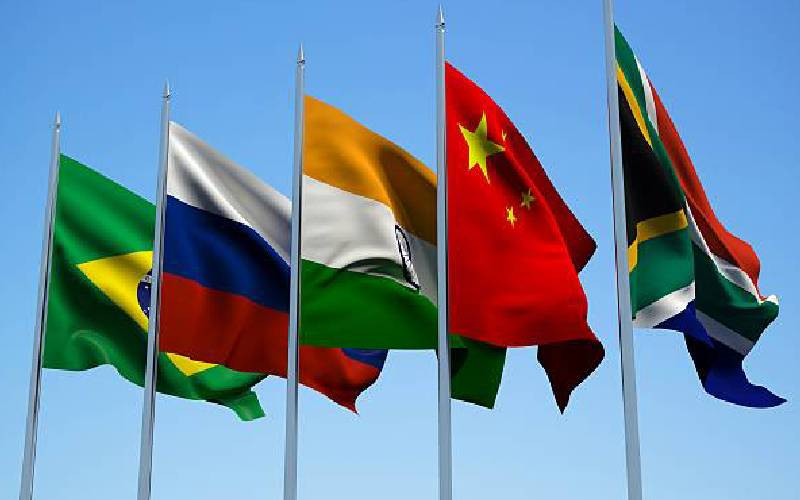×
The Standard e-Paper
Kenya’s Boldest Voice

Fear, a force that drives countries to seek protective alliances, has at least two common denominators; perceived weakness and concern for the unknown intentions of other entities.
Alliance building starts with the identification of common interests that are presumably threatened by potential common enemies.